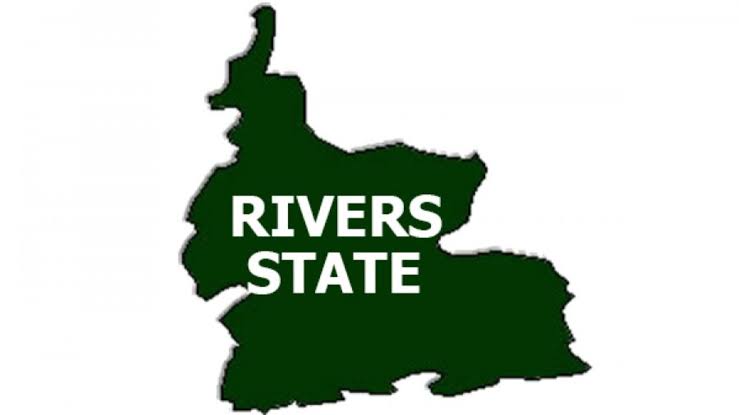Douglas Blessing, Port Harcourt
Africa’s leading civil society organization, Connected Development (CODE), has tasked the Rivers State government to address some of the infrastructural decay and deficit impeding development in the oil rich State.
CODE decried that as one of the States in the Niger Delta, a major region for Nigeria’s oil and gas industry, Rivers State has suffered prolonged conflict resulting from the negative impacts of oil exploration and tension between host communities and oil-producing companies.
Rivers State Lead, Connected Development, Ms Evelyn Williams, speaking at a Townhall Meeting in Port Harcourt, said after an appraisal to ascertain the state of social infrastructure in the region, the state of primary healthcare centres in the state was appalling.
Williams also revealed that Ministries, Departments and Agencies are underfunded, which restricts their capacity to execute and complete initiatives that benefit rural areas.
“In 2021, CODE with support from Ford Foundation, CODE initiated the second phase of the project “Empowering Oil-Rich Communities for Improved Service Delivery (EMOC) in Rivers State aimed to amplify the demands of oil-rich communities through reinforcing our evidence-based advocacy strategy.
“After an appraisal to ascertain the state of social infrastructure in the region, the report shows that the Primary Healthcare Centers (PHCs) in Rivers state are in appalling conditions capable of undermining or sabotaging the well-being of rural dwellers and consequently, the local economy.
“Majority of the Primary Healthcare Centers (PHCS) lack potable water, an overwhelming majority (83%) of the PHCs are disconnected or unconnected from the power supply, and a significant proportion of the PHCs across the local Government areas lack proper waste disposal points.
“The fact that large populations of the grassroots depend on these facilities (without adequate environmental assets) highlights the urgent need for intervention.
Also, schools are unable to meet the requirements and standards of education in the twenty-first century which breaches the human rights of the citizens of Rivers state by purposefully orunintentionally preventing them from receiving basic education.”
“The citizens should benefit from strategic infrastructure investments to compensate for the overt and covert effects of oil exploration since they suffer the brunt of oil extraction, loss of variety and other natural productive assets.
“CODE is calling on the Rivers State government to address personnel and infrastructural gaps in the hope of positively impacting health outcomes and the education profile of the state.
“We also advocate for a comprehensive audit of social infrastructures in Rivers State, beyond the oil-producing communities to support the transparent and efficient deployment of public resources and consequently improve health and education outcomes.”
Earlier, representatives of oil rich communities in Rivers State, particularly mentioned dilapidated health centres, lack of potable water, electricity and dilapidated internal roads as a major challenge.
The CDC of Umuechem Community in Etche, Godson Nwairoegbu, decried that his community has no motorable road or, hospital despite hosting oil and gas wells.
“Umuechem is the second place where oil was discovered in commercial quantity after Oloibiri. We need the state federal and local goverment to help us, we have no roads, electricity, health centres etc”
Also the CDC of Ali-Ohuru community in Omoku, Barr Mela Ake, said “We need health centre with inadequate facility. The structure needs complete rehabilitation. Our internal roads are in disrepair. Oil spills over the years has contaminated the underground water in Omoku”



